It wasn’t until I was about twenty that I went to my first funeral, that of my paternal Grandmother, and having spoken to so many of my friends recently about this fact it appears that actually I was quite old when I experienced this for the first time.
My beloved Gramps died in March this year and his funeral took place last month surrounded by his friends, the most beautiful flowers and the huge family he left behind even down to his seven great-grandchildren all under the age of eight. Hector attended the funeral with me along with the other great-grandchildren on the day – a decision that wasn’t taken lightly and one which was incredibly important to me.
Prior to the day itself, conversations with various friends and family turned, as they do, to talking about the funeral, where it was, when it was etc and also who would be looking after Hector on the day. When I explained that Hector would be coming with Ste and I, most nodded their heads and commented reassuringly ‘of course, only right he should be with his family’ but that didn’t stop some people from looking at me rather aghast as if I was a complete and utter maniac for wanting to take my child to a funeral.
My Gramps’ funeral isn’t the first that Hector has attended; I also took him along to a service for a friend of our family when he was eight months old. There’s little chance Hector will remember going in years to come but it was important to me that he was there; I wanted to honour the memory of our friend who had met and adored Hector even if it was just for a short while.
Perhaps I’m strange for thinking it’s ok for children to attend funerals. But my thinking is that death is a part of the circle of life and however painful the process of grieving is, it’s important for children to start to understand it and experience it…if they want to. Hector is admittedly of an age right now where he probably doesn’t really comprehend death and what it means in the way that say a seven year old would and as such it is bound to affect children across a spectrum of ages in completely different ways. Would I have approached the situation differently if he was older? Most definitely, in that I would have given him the opportunity to choose whether he wanted to be there or not and respected that decision accordingly.
Personally I think it’s important to understand the purpose of a funeral from a young age – that it’s a special ceremony that gives you the chance to say goodbye but also to see how much everyone cared for the individual who has died. And that’s so important…to know that everyone loved that person as much as you did; in fact it’s oddly comforting. For me at least a funeral is a kind of marker in the grieving journey and the point where I really come to terms with the fact someone is gone. Why should a child be any different?
The key though is preparation, I think it’s OK for a child of any age to go to a funeral, providing that someone has talked to them about it first, how they feel about going and also what it will involve. That way it lessens any potential shocks on the day itself. I actually shared several conversations with Hector about my Gramps and that we were going to say goodbye. I’m not sure how much of it he understood but I’d laid the groundworks at least. Ste and I had also discussed at length an exit plan if it ended up being all a bit much for him on the day too.
So how did Hector behave on the day itself?
I won’t lie and say that I wasn’t apprehensive about him speaking/shouting at an inappropriate moment, for saying the wrong thing or being adversely affected by the emotions of everyone attending. He’s a sensitive soul and I’d imagine it would be pretty daunting seeing everyone you know and love crying without fully understanding why. But as it happened he was a diamond; admittedly he did go up to my mum as she stood on the podium half way through the service as she shared her memories of her dad but she said Hector was comforting and reassuring to her at just the right moment. And if anyone can get away with wanting to dance to Edith Piaf as we exited the crematorium room then it’s got to be a two and a half year old; he was more than a little bit disappointed when the music stopped asking ‘where did the dancing go?’. I know that my gramps would have been pleased (and actually rather tickled) that he was there rather than offended for someone wanting to dance at a funeral.
Have any of you taken your children to a funeral? How old were they? Did they want to go? And how did it affect them? Perhaps you went to a funeral as a child…was it important you had the chance to say goodbye or would you rather not have attended? Why not share your thoughts in the comments box below…


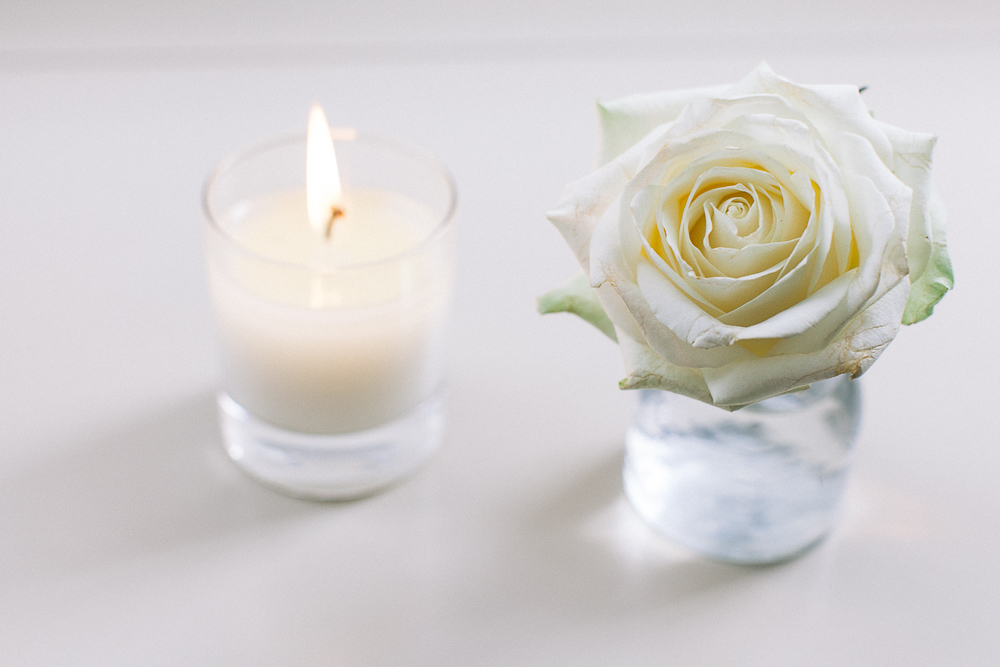
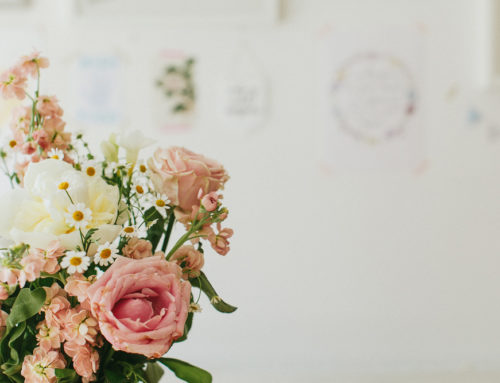
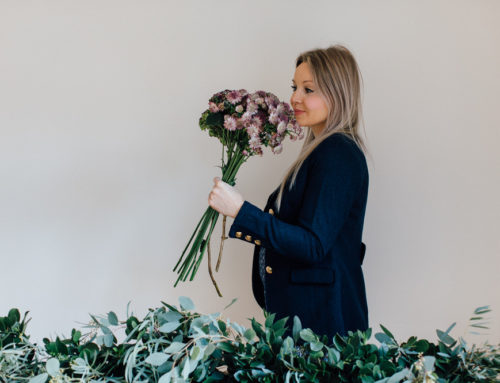
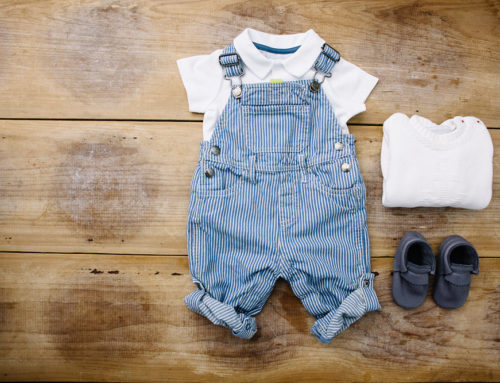
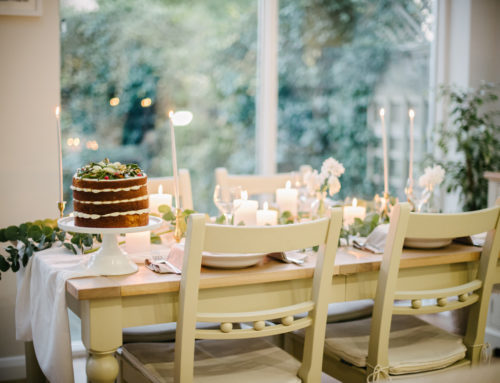
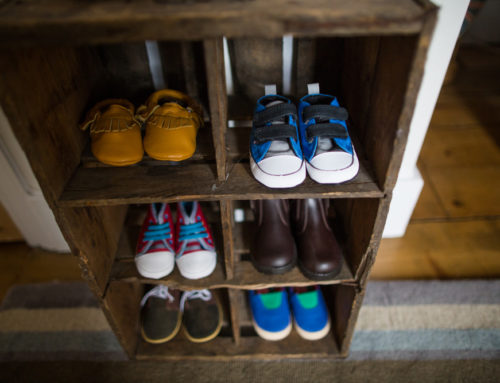
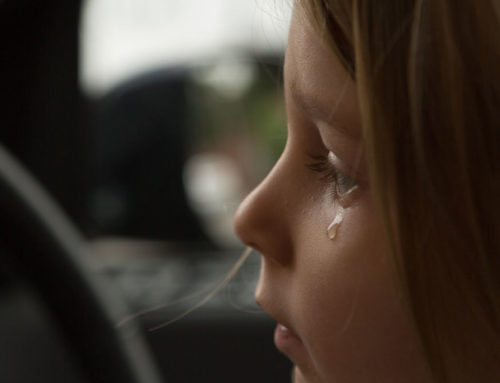
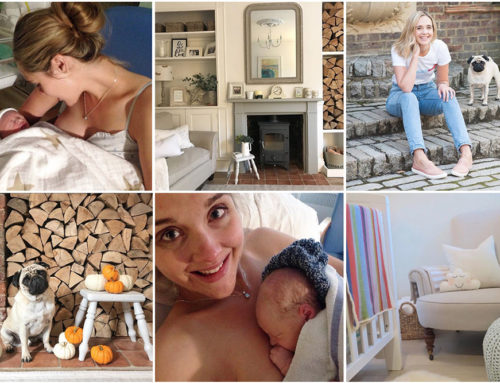
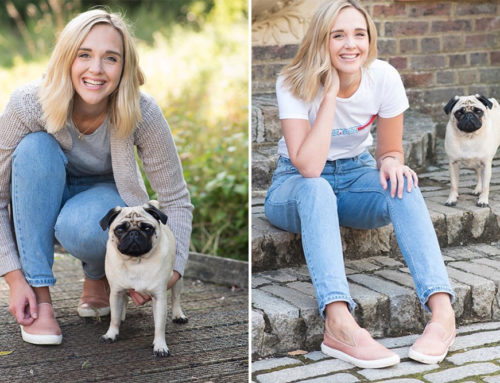
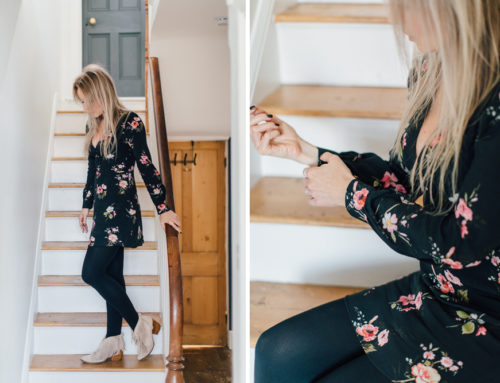
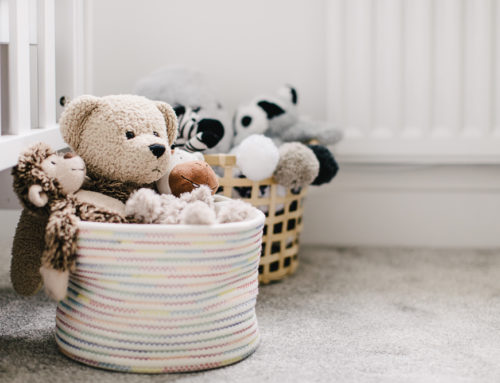
Lolly – Thanks you for today’s post. It is so relevant for us as we enter the last few days/weeks/months with Essie.
My husband and I were discussing exactly this point at the weekend and pretty much came to the same decision as you. We want Essie’s triplet brother and sister to be at her funeral – even though they will only be 16 months (or so).
And as for other family, it will be up to them if they want to bring their children along, assuming their children want to be there. I’m all for being as open as possible with children and when I’ve been asked by nieces and nephews what’s “wrong with Essie”, I try to explain it as honestly and as best as I can.
Look forward to seeing what views others have. Thank you again for today’s post – and for reading my mind!
L xxx
Morning Lorna – you’re absolutely welcome with regards to today’s post. I’ve been thinking of you so much over the last few weeks. Sending you so much love xxx
This is such a personal decision Lolly and only you knew what was right for you and your family. Sounds like Hector was a star. Molly came to my step dads funeral but she was only 2 weeks old so it wasn’t really an option for her not to be. I think it actually kept me strong as I had something to focus on afterwards she was a welcome distraction to cheer everyone up. Since then we have never taken the girls to the many funerals we have been to. I just always felt that firstly they may not sit still and alice would undoubtedly talk through it and secondly, I didn’t really want them to see everyone upset. After Edd’s granddads funeral last year we did come and get them to take them to the wake which undoubtedly cheered Edd and his nanny up no end. Little people can certainly help bring a smile in the saddest of times xxx
They really do Lottie and you could see the impact they had on everyone’s faces. As soon as a kid popped into view, people smiled or had a cuddle – it alleviated the grief if only for a millisecond xxx
What an emotive post Lolly. I’m so sorry about your Gramps ❤
I think it all depends on the circumstance to be honest, and who has been lost. When my cousin died last year, her three-year-old daughter – along with our other little ones – didn’t attend the service. Hers was a sudden and tragic death so a decision was made to protect her from seeing the adults around her in the state we were all in. Instead, some kind family friends took her to the beach, baked cakes, created some lovely memories and spoke with her about her Mum, then afterwards brought her back to the wake to share the rest of the day. It was absolutely the right thing to do.
I don’t think there’s any right or wrong answer, as long as the little ones understand what’s happening. Each family should make whatever decision is best for them.
Xx
Thanks doll and yes I completely understand your point about the circumstances of who has died. I’m so so sorry to hear about your cousin and I’m sending all my love your way. What a lovely thing for your family friends to do though – such kindness at the saddest of times xxx
I agree with your thoughts. I very much think that as sad and unfair as it often is, death is a part of life and funerals are also a part of that – I don’t want to shield my children from emotions like sadness or grief, it’s important to have an understanding of death I think (sorry if this all sounds very morbid!).
Of course as they get older we would discuss with them and be understanding if they didn’t want to attend.
I think children do tend to raise a smile and mine and their cousins certainly lifted spirits at a recent family funeral. But whilst they’re little I’d probably be cautious of taking them to non family funerals purely as I wouldn’t want anyone grieving to have to feel like they had to raise a smile at them, if that makes sense.
Great thought provoking post x
Thanks for your kind comments Fionnula. I still even at the age of 33 haven’t got my head around death so I think it’s especially important to introduce children to the reality of it when they’re young…obviously as gently as possible. And they absolutely do raise smiles – I think often without people deliberately making the effort to do so – it’s more of a natural reflex thing.
I am from a small country town in Ireland where attending funerals and wakes is an important part of village and community life. I have also lost loved ones who lived in England and attended funerals there. In Ireland, funerals usually take place two or three days after a death. In my own experience, the whole community surrounds and comforts you every day and carry you through it. While you do not attend every funeral because of work and family commitments, it’s not uncommon for hundreds of people to queue at the funeral home, of wake who has died just to pay their respects and shake hands with the family, over the course of the three days. As a child I was brought to many funerals and wakes for family, extended family, neighbours, etc. and I am very glad I was. When my own grandparents and parent died, it was obviously sad and difficult, but shielding children from deathdoesn’t protect them, it can just lead to confusion, and doesn’t help prepare them for their own losses, which we will all inevitable face in our lifetime.
You’ve hit the nail on the head for me Irish Girl. My husband is from an Irish family and every so often a relative dies in Ireland and they go back to visit and celebrate the deceased. Until Ste told me about what happened I hadn’t realised how death is treated so differently in Ireland (it can be so much more clinical in the UK). He spoke about the packed out churches and the sheer number of people paying their respects, of the entire community not just slowing down for hearses but of stopping and turning off their car engines. I think the thing I found hardest to process was the open casket thing – of young children holding the hands of the deceased. Initially I found it morbid but he said it’s simply a chance to show your respects and to say goodbye – I’m still not sure I could personally do it but I understand the reasons why now. I found your comment about the potential for confusion and helping kids to prepare for their own losses really enlightening regarding this. Thanks for sharing xxx
I completely agree with you about the circle of life aspect. We seem to shelter children from death a lot more than we did historically (and more than any of the other ‘life events’ which occur).
We lost my mum and grandmother then my husband’s grandmother and grandfather in the space of about 18 months. We picked and chose which funerals our children came to. None of the children came to my mum’s funeral, as we were ‘hosting’ and a two year old would have been difficult to manage during that time. We gave my stepson (who was, I think, 8 at the time) the choice of whether he wanted to come or not to any of them. He chose to come to his granddad’s funeral as they were very close, but not the others – and our then-3yo (and MASSIVE bump) came too. They behaved themselves admirably and provided a good distraction for the family afterwards. I think a lot of people like seeing children at funerals, it’s a reminder that life really does go on.
We definitely shelter kids more than we did historically – you only have to look back at the way the Victorians dealt with death to see that. Only this weekend I walked past an arts and cultural festival called ‘a matter of life and death’ – at a place near us called the MAC centre (currently still on until 14th May) which is all about death and dying. My initial thought was WTF…who would want to go to that?! But actually when I read more about it, about the issues it is tackling and the activities that are taking place I think it’s a brilliant idea. And I’m so sorry that you lost so many loved family members in such a short space of time. Sending you love xxx
I took my 9 month old with us to my Grandads funeral just last week, we had no option really, he refused to be left with anyone and is still pretty boob obsessed. He was fine though, he sat at the back with my wife who carried him in a sling and the only time he piped up was when he saw me stand up to deliver the eulogy. My wife just quickly took him out into the reception area so no one was disturbed. He kept everyone entertained at the wake afterwards though by crawling everywhere, and it was the first time some of the extended family had met him.
My cousins had the choice whether or not to attend, the eldest is 15 and he chose to go, it was his first funeral too. His younger sister who is 12 didnt want to go at all. She chose to go to school that day and the school did some special activities with her instead. Releasing a balloon at the time of the funeral and writing a letter to be placed in the coffin. Apparently it’s quite common for kids of her age to want to not go so the school have things in place for this.
Morning Gracie – I think it’s really very common for children around the 12 year old mark to not want to attend. But I love that the school showed how much they cared about her by taking the time to release the balloon and the letter writing; I can’t remember anything like this being available when I was at school. How did the 15 year old cope with it?
Really interesting piece thank you Lolly and I’m so sorry about your Gramps.
We have thankfully yet to make such a decision with our 14 month old son (although he did attend his great grandads funeral as a 38 wk bump!) I however went to my first funeral age 7 which was my grandmothers, and my sister must have been 5. At that age I understood what was going on and was sad my mum was upset but am still so glad to this day that I got to go and say goodbye to my Nana even at such a young age. My only concern in taking my son would be him behaving appropriately and me overly worrying about that so for now that would probably be why I may hypothetically leave him at home. But then as some people have said, it would also very much depend on whose funeral it was.
Morning Nicky – it’s so great to hear from someone who went to a funeral as a child and was glad that they went. I’ve heard quite a few stories regarding older children who weren’t able to attend funerals of family members which left them with unresolved feelings of grief and actually anger which I hadn’t considered until recently. Thanks for sharing lovely xx
Hi Lolly, a very interesting subject to discuss and I’m sorry about your Gramps.
2 of my Grandparents who I was very close to passed away in 2015 and 2016. My son was 9 months old when my Grannie died and 2 years old when my Grandad died. At both funerals, I felt I needed time for myself, to grieve and accept their passing without the distractions of a baby / toddler. The thought of chasing him around the church at such an emotional time was not something I could cope with. My attention needed to me on myself, my Grandparents and my family. I wanted to listen to the words that were being said about my Grandparents with 100% of my attention and that would never have happened with my son there and at such a young age, he wouldn’t have understsood.
I totally understand that people want to include children at funerals of friends and family as death is a part of life and it is important to understand but for me, I felt it would be better all round if I could just have this time and my son was happy in nursery, oblivious to what was two very emotional occasions.
Consequently, he doesn’t really understand death at all and at age 3, I’m not sure how to go about that. When we go to visit my Grandad to lay flowers, he expects him to walk round the corner to see us, which makes me smile and cry all at the same time!
Hi Katie – I completely empathise with needing the time to grieve without the distraction of a toddler. There were times when I just wanted to sit there and cry without worrying that I was upsetting Hector but I guess this is where Ste came into his own taking responsibility and giving me the space when I needed it by distracting Hector or taking him off for a wander. I suppose the desire to have Hector near me when I felt so sad outweighed the need for space ultimately. Your comment about visiting your grandad to lay flowers and your son expecting to see him made me all weepy. The innocence of childhood I suppose!
I attended my first funeral aged 7 or 8. It was a neighbour who I spent some time with, not a huge amount, but I went with my Dad, perhaps because my mum was at work at the time and they couldn’t get a babysitter. I have to say it is because of my experience as a child we so far have not chosen to take any of our children to funerals. Rob & I have both lost our Nan’s in the last two years and each time we have left the boys in school and Anabelle with the opposite family even though the children have been close to them. I remember seeing my Dad cry, a man who is very proud and doesn’t often share his emotions and I honestly didn’t know what to do with my self, the image still haunts me now and even as I type I’m welling up. We did however opt to pick up the children after the funeral and take them to the wake which was a welcome distraction for both us and the family. The boys still felt part of the celebration, of their great grandmas life, but where shielded from seeing their family members grieve. Obviously as time goes on and the boys get older (they are 11 & 12 now) I will consider each circumstance. xxx
Ahhhh Lorna I just want to give you a big hug. It’s a funny old thing isn’t it seeing our parents cry; ultimately we see them as being superheroes (well I do anyway) so when suddenly they get upset or emotional or anxious it’s like they’re revealed in all their fragile human glory. Seeing my mum cry always sets me off now so I can imagine how it must have been for you as a small girl watching your dad break down. Sending you lots of virtual hugs xxx
This is a really interesting discussions Lolly, and I’m sorry to hear about your grandpa. I totally agree with others that it depends on the person and on the circumstances. I remember not being taken to my grandfather’s funeral, I would guess I was around 9 or 10 at the time. I was left at school and after school I was taken back to the house to be with everyone else. I was immensely upset that I was not allowed to go, and I still feel a little sad that I wasn’t allowed to attend. I’m sure my parents made the decision that they thought was right, but for me I felt like I was missing out on an opportunity to celebrate his life with my family. Also, I think in a lot of cases children don’t necessarily process everything that is going on. It is a church service and a chance to pay your respects, rather than any sort of horror show with death etc. And for a close family member who means something to my daughter I would absolutely consider taking my daughter with me even if she didn’t understand why. But that doesn’t mean I would definitely take her. At her current age (18 months) she definitely wouldn’t understand, would probably make lots of noise and want to rush around, not appropriate for those who are there grieving. But I think I would like to take her to the church or to the graveyard etc as appropriate to explain (when others maybe aren’t around) and allow her to be part of it. But once she is old enough to understand a bit more (and I could be more confident that she would behave respectfully) then I would certainly consider her attending. Very interesting discussion.
I think it varies from child to child. I have attended funerals since the age of around 7 and always felt ok about it. My brother has some learning difficulties and is the opposite. Even last year at the age of 31 he struggled getting through our Aunt’s funeral.
I do not recall many children being at any funerals I have been to, but they have been at wakes and even very young child seemed to grasp the fact that someone loved was now gone, and if anything their innocence of wanting to make people smile and give love actually lifts the room. My cousin’s young daughter made me well up, not out of sadness, but out of kindness last year. I told her she needed to give her mum an extra special kiss and cuddle that evening, and this little girl threw her arms around me neck, kissed me on the cheek and said ‘you need one too’. It really was a beautiful moment that I want to remember forever.
Such an interesting article Lolly, so sorry about your Grandpa.
I think, as most others have said, that it depends on the child and the circumstances. My Granny died when I was 11 and my sister 10, we were both very close to her and were given the option to go to the funeral. I chose to go and my sister chose not to. A year later when my Grandad died (of a broken heart 😢) we both chose to go and I believe she changed her mind because she felt she missed out on the opportunity to say goodbye the year before. We were also both given the option of going to see them in the funeral home. I did go to see my Granny but it was quite traumatic so I didn’t go to see my Grandad so I’m not sure I’d give my wee boy that option but I’d definitely give him the option of attending the funeral of a loved one when he’s old enough.